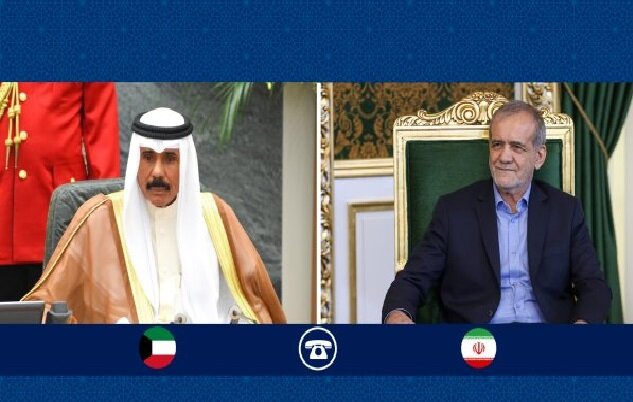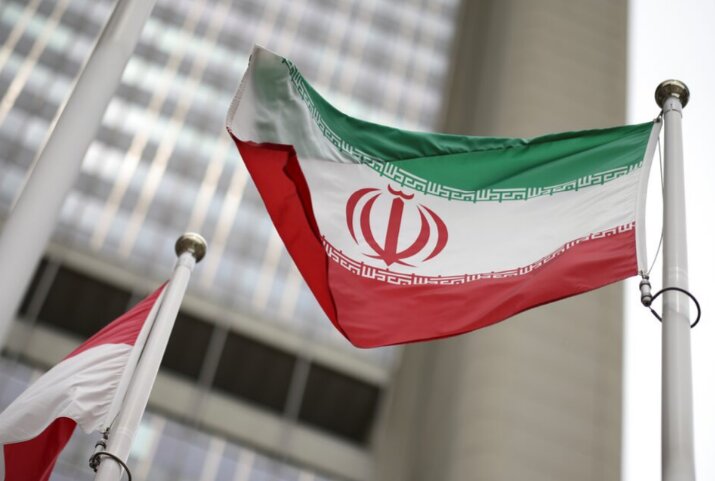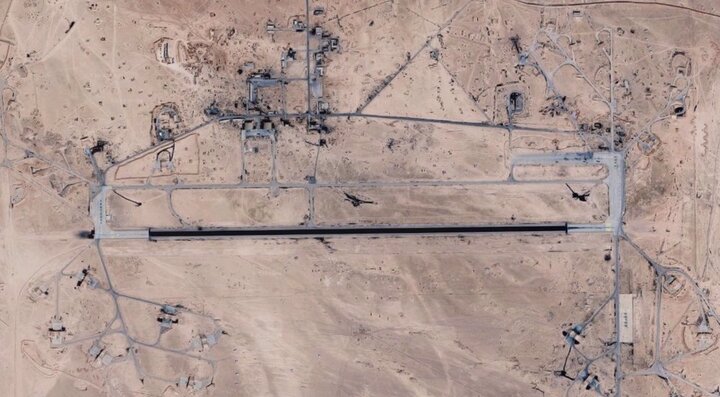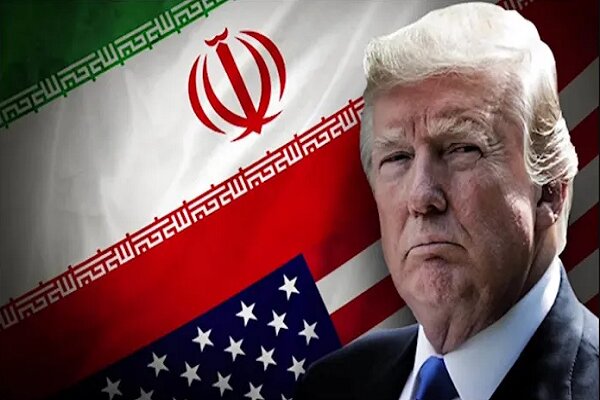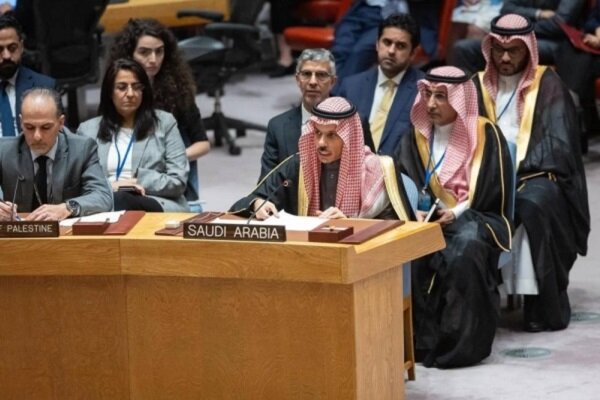
The remarks came during a high-level discussion at the United Nations Security Council (UNSC) on the situation in the Middle East, including the Palestinian issue.
Saudi Foreign Minister Faisal Bin Farhan participated in the session on Tuesday, convened at the invitation of the Brazilian foreign minister, who currently presides over the UNSC for the month.
In his address, the Saudi foreign minister unequivocally condemned the targeting of civilians by any party and called for an immediate cessation of escalation and compliance with international conventions and laws.
Expressing significant disappointment, the Saudi foreign minister lamented the international community’s failure to address what should be shared humanitarian principles and adherence to international laws governing the peaceful coexistence of nations and communities.
He stated, “We see great disappointment due to the international community’s failure to address what should be shared humanitarian principles and international laws governing the relations and peaceful coexistence of states and societies, standing incapable of doing what is required to address the tragic situations and abandoning civilians in Palestine.”
He pointed out the suffering of the Palestinian people in Gaza, enduring the continuous siege and escalation from the Israeli war machine, resulting in the ongoing targeting of civilian facilities and daily life infrastructure, including schools, hospitals, and basic utilities, leading to the loss of thousands of innocent lives, including women, children, and the elderly, and injuring thousands of civilians.
The Saudi Gazette quoted the top Saudi diplomat as saying, “What we are witnessing in terms of the international community’s laxity in working for the immediate cessation of the Israeli war machine’s collective punishment against the people of Gaza and attempts of forced displacement will not bring us closer to the security and stability that we all seek.”
He insisted that it is high time for the UNSC to fulfill its responsibilities and for the international community to adopt a firm and serious stance to stop Israeli violations, ensuring the protection of civilians, lifting the blockade, facilitating the swift entry of humanitarian aid, and preventing a humanitarian catastrophe.
He added that the failure of the Security Council to perform its mandated role in maintaining global peace and security and its inability to reach a resolution addressing this crisis, amid ongoing Israeli violations of international charters, including international humanitarian law, casts doubt on the credibility of international legitimacy mechanisms and those defending them, and their ability to achieve peace.
The Saudi foreign minister also highlighted the serious consequences that extend beyond the current crisis, including the policy of double standards, selectivity in committing to laws and UN resolutions, and their potential impact on the legitimacy of international law and the entire global order, which could jeopardize international peace and security.
He stressed that the continuation of violence cycles is a direct result of the international community’s failure over the decades to fulfill its role in addressing the Palestinian issue and the severe implications of not adhering to relevant UN resolutions.
Ignoring the root causes of the Palestinian-Israeli conflict, he emphasized, will not lead to a just resolution, nor will it achieve security and peace in the region. “Resolving the Palestinian crisis requires ending the Israeli occupation and earnestly supporting credible efforts to revive a peace process.”
MP/PR
